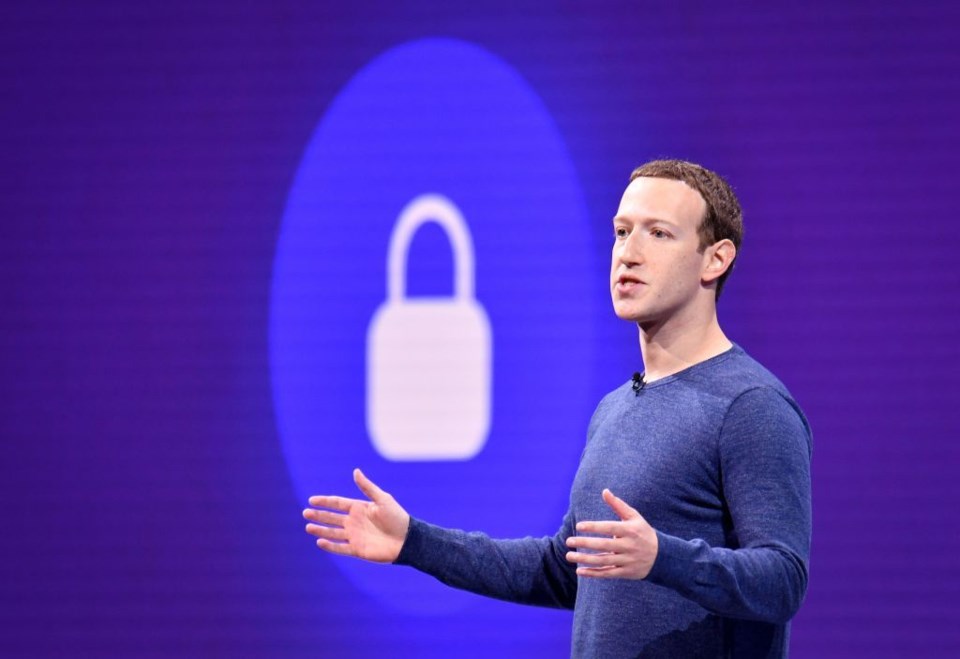A medical cannabis advocacy organization’s Facebook ad account was disabled in error and will be reinstated, the platform tells Global News.
Earlier this year, Canadians for Fair Access to Medical Marijuana (CFAMM) was ramping up a campaign to eliminate taxes on medical cannabis, which included social media.
“A big part of it is rallying support on social, to get people to reach out and express their concerns around this issue,” explains spokesperson Max Monahan-Ellison.
In the end, the group got cross-party support for the proposal, which was backed by the the federal Conservative and NDP health critics.
Less enthusiastic was Facebook, which disallowed several of the CFAMM’s ads boosting the campaign, and finally pulled the plug on the organization’s Facebook ad account entirely.
Attempts to find out what rules had been broken and how the ads could be made compliant were met with a reply that, “There is no further action that you may take here … Please consider this decision final.”

“It’s a non-profit organization,” Monahan-Ellison says. “Just the term ‘business model’ makes it seem like they’re almost conflating us with a licenced producer. They’re seeing ‘cannabis’ and not looking into it.”
When Global News asked Facebook to explain the decision, it said that it had been a mistake and would be reversed.
“The ad account was disabled in error and restored as soon as we were able to investigate,” wrote a spokesperson who provided an emailed response on the condition he not be identified.
“We’re sorry about this mistake. Our team processes millions of reports each week, and sometimes we get things wrong.”
Under Facebook’s ad guidelines, cannabis-related content is only prohibited if it promotes its sale or use. Political content about cannabis should be fine.
Last June, Facebook censored an ad promoting a panel discussion on cannabis legalization in Montreal. Eventually, after hours of experimentation, organizers found that it would allow a version of the ad that referred to “legalization,” without specifying what was being legalized.
When Global News followed up on the issue at the time, Facebook reversed itself and said the decision had been a mistake, and that political discussion of cannabis doesn’t violate its ad policies.
In mid-July, however, Facebook rejected an ad the panel’s organizers had bought, promoting Global’s initial story. Once again, the platform said that decision had been a mistake.
Canadian Students for Sensible Drug Policy has also complained that Facebook has censored ads they bought to promote their events.
Facebook did not respond for the record to a question Wednesday about why its moderators seem to make the same mistake over and over again, only to reverse it when challenged by the media.
“We’re a volunteer-based organization,” Monahan-Ellison says. “It’s really challenging for us to have to put in this much extra work to get these messages across when we’re really spending our time trying to make this campaign successful.”
Earlier this month, the London Daily Telegraph reported that Facebook was considering relaxing its policy on buying and selling cannabis, given that it’s legal in a widening number of U.S. states, and in Canada.
While a growing number of U.S. states allow recreational marijuana, it remains illegal at the federal level.
“The Canadian voice, and the Canadian experience, often does become second fiddle to what matters in the United States,” Monahan-Ellison says. “We, as an organization, are really focused on helping Canadians, and it is really frustrating when caution is enlisted in order to satisfy a federal policy in the United States that ends up impacting Canadians.”
Facebook did not respond for the record to a question about whether its global policy on cannabis-related advertising was intended to comply with the U.S. federal prohibition of cannabis.
Government-owned cannabis retailers in Quebec and New Brunswick have Facebook pages, but use them mostly for store closing and opening information. Quebec also uses its page to link to news items. Neither page has any product information.
In April and May of 2018, YouTube came under criticism for suddenly removing large numbers of marijuana-related videos, including whole channels with hundreds of thousands of subscribers.
- Global News
